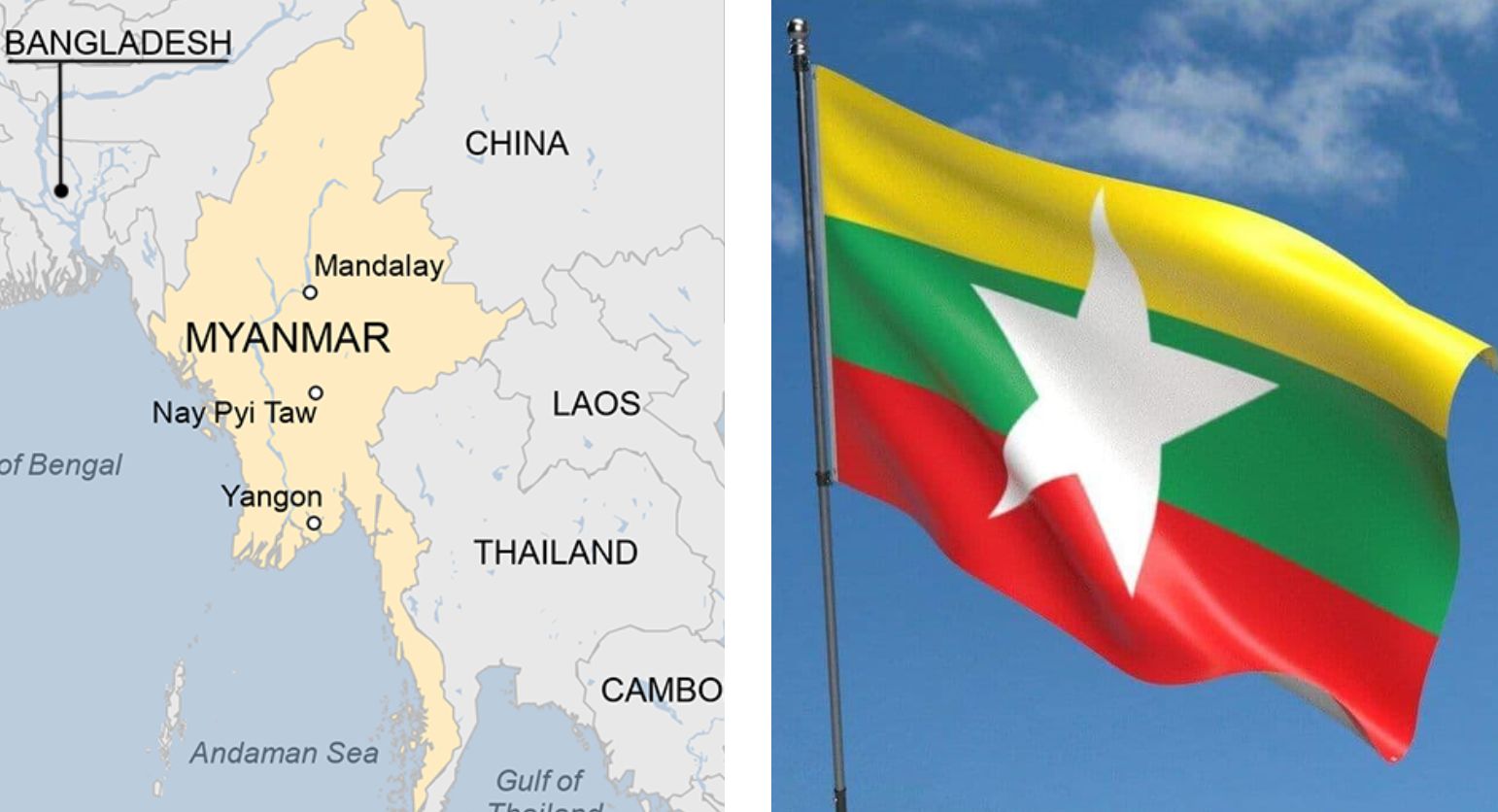By Jacinth Banite
February 1, 2021 marks the day when Myanmar’s history took a major turn, as the Tatmadaw (the country’s armed forces) seized power from a democratically-elected government.
This resulted in nationwide armed resistance that has taken thousands of civilian lives and displaced millions others.
As the military coup reaches its fourth year, the crisis in Myanmar continues to escalate, with the regime facing accusations of human rights violations and war crimes against certain groups on the opposing side.
The persisting conflict in the multi-ethnic Southeast Asian country, which has been struggling with maintaining an effective governance since its independence from British rule in 1948, raises an important question – What are the rest of the world doing to stop such blatant atrocities from progressing?
This was addressed by Nicholas Koumjian, Head of the Independent Investigative Mechanism for Myanmar (IIMM), an entity under the United Nations Human Rights Council that is tasked to collect and analyse evidence of the most serious international crimes committed in the country of concern.
The absence of court process vs post-coup violence
Speaking with the UN Information Centre for Western Europe following an inquiry with the European Parliament on February 17, 2025, Koumjian said the issuance of an arrest warrant from the International Criminal Court (ICC) to Tatmadaw’s commander-in-chief Min Aung Hlaing in November 2024 put great pressure on the regime.
The regime has grappled with major setbacks in its war against pro-democratic and ethnic armed groups following the 2021 power grab.
“You see that often in the response of those who are the subject of the warrant,” said Koumjian.
“I have been told by those who have spoken with the commander-in-chief that he is very upset with the arrest warrant.”
But the said ICC warrant does not encompass any post-coup offences committed under Aung Hlaing’s governance, but rather alleges the general’s involvement in crimes against ethnic Rohingya people that transpired between 2016 and 2017.
The IIMM chief admitted that there is no existing court process dealing with other issues related to the post-coup violence, but insisted on the body’s close monitoring of what has been happening in Myanmar lately.
“We hope that one day, there will be cases in Myanmar,” he said.
According to Koumjian, in addition to the one with ICC, two other cases related to Tatmadaw’s alleged atrocities targeting the Rohingya population are in the works – one filed by Argentina and another filed by Gambia.
“We expect the hearings to begin this year (2025). That will be very interesting,” he said, noting these efforts send the message to the perpetrators in Myanmar “that someone is watching and collecting evidence”.
“We also have told states that if sanctions are related to serious crimes in Myanmar, we can help by providing information,” he said.
YOU MAY ALSO LIKE: New German government set to change country’s foreign policy

Seeking accountability from both sides
The IIMM is continuing its investigation of crimes against humanity in Myanmar following the 2021 coup, looking at not only the military forces but at the side of resistance as well.
Koumjian referred to allegations of abuses against civilians committed by the Arakan Army (AA), an ethnic armed organisation fighting the Tatmadaw in western Rakhine state.
“We investigate crimes committed by any group that rise to the level of serious international crime as defined in our mandate – genocide, war crimes and crimes against humanity,” said Koumjian.
“There are allegations of crimes by all sides in Rakhine State. We have sent requests for information to both the junta and the Arakan Army.
“The junta has consistently ignored us. The Arakan Army said it’s working on a response, but we haven’t received it.”
Death by numbers
The AA is a member of an ethnic alliance, alongside Myanmar National Democratic Alliance Army and the Ta’ang National Liberation Army, which launched a joint offensive in northern Shan state on October 27, 2023 – now regarded as Operation 1027.
The move is said to have unleashed important momentum for the resistance side which has since captured swathes of territory from the military.
However, in battles for autonomy and leadership, victims are not those who fire the guns, but those who are trapped in the shootout.
According to data collected by the UN Commission on Human Rights, the civilian death toll in Myanmar after the 2021 coup now stands at more than 6,000, with most cases attributed to army-inflicted violence.
The conflict has also displaced around 3.5 million people, resulting in a catastrophic level of hunger and 16% decline in agricultural productivity.
In a December 2024 statement, UN experts insisted on the need for an immediate change in Myanmar, “starting with moving this disaster out of the shadows of international attention”.
“Thousands of lives have been cut short in indiscriminate attacks by the military, which often targets civilian homes and infrastructure. Unlawful killings by (Tatmadaw) forces are common and are characterised by their brutality and inhumanity,” they said.
READ NEXT: South Korea builds victim support as deepfake sex crimes evolve
